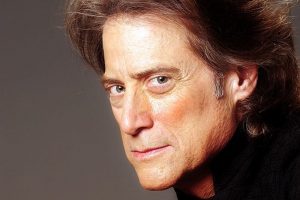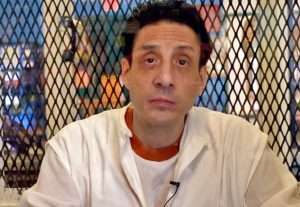Rapper Coolio reportedly died, Wednesday, at 59 while visiting a friend’s house in Los Angeles. While a cardiac arrest is suspected, no official cause of death was given at the time. The American artist was best known for his track Gangsta’s Paradise, which came out in 1995 and shot him to fame.
Dan Epstein of Rolling Stone noted that during the last few months of that year, it was “virtually impossible” to go anywhere without hearing parts of Coolio’s song playing on somebody’s radio. While the track was initially made for the Michelle Pfeiffer-starring movie Dangerous Minds, it became popular the world over, for being a metaphor for life on the streets.
Also Read | Coolio net worth: How rich was the late rapper?
The track is distinguished by Coolio’s lyrics and flow, LV’s elements of gospel music, and Doug Rasheed’s production chops. The hook comes from the 1976 Stevie Wonder track, Pastime Paradise. Upon release, Coolio’s Gangsta’s Paradise began to challenge the pre-existing notions of hip-hop and push the boundaries of experimentation within the genre.
It topped charts in 16 countries including the US and became Billboard’s Number One song for 1995. This marked the first time a rap song had the distinction of topping the Hot 100 chart. Prior to Coolio’s all-encompassing truth about hood life, rap remained a firm subculture that appealed to the marginalized youth from certain parts of town that had not undergone mainstream assimilation. The lyrics spoke of depravity and violence which was the truth of everyday life in such places.
At this time, Nas’ Illmatic was capturing the hard life on the East Coast, as the Crown Heights resident spoke about coming straight out of the “f**king dungeons of rap, where fake niggas don’t make it back”. The man from Brooklyn, Biggie Smalls, was making waves too with songs like Juicy, and though both artists saw their songs play on the radio, rap in the 90s was still not accepted widely.
Also Read | Rapper Coolio: Real name, family, wife, children
Despite Stevie Wonder initially disavowing Coolio’s Gangsta’s Paradise, because he did not want hood lyrics associated with his song, the track became a symbol of despair, self-reflection, and redemption – all emotions that are felt universally, not just in the hoods.
The track’s popularity is complemented by its critical acclaim. Gangsta’s Paradise won the 1996 Grammy Award for Best Rap Performance, losing out Record of the Year to Seal’s Kiss From a Rose. The music video, directed by Antoine Fuqua, who then went on to make movies like Southpaw, won MTV Video Music Awards for Best Rap Video and Best Video From a Film. Gangsta’s Paradise went triple platinum and even inspired a Weird Al Yankovic parody, titled Amish Paradise.






